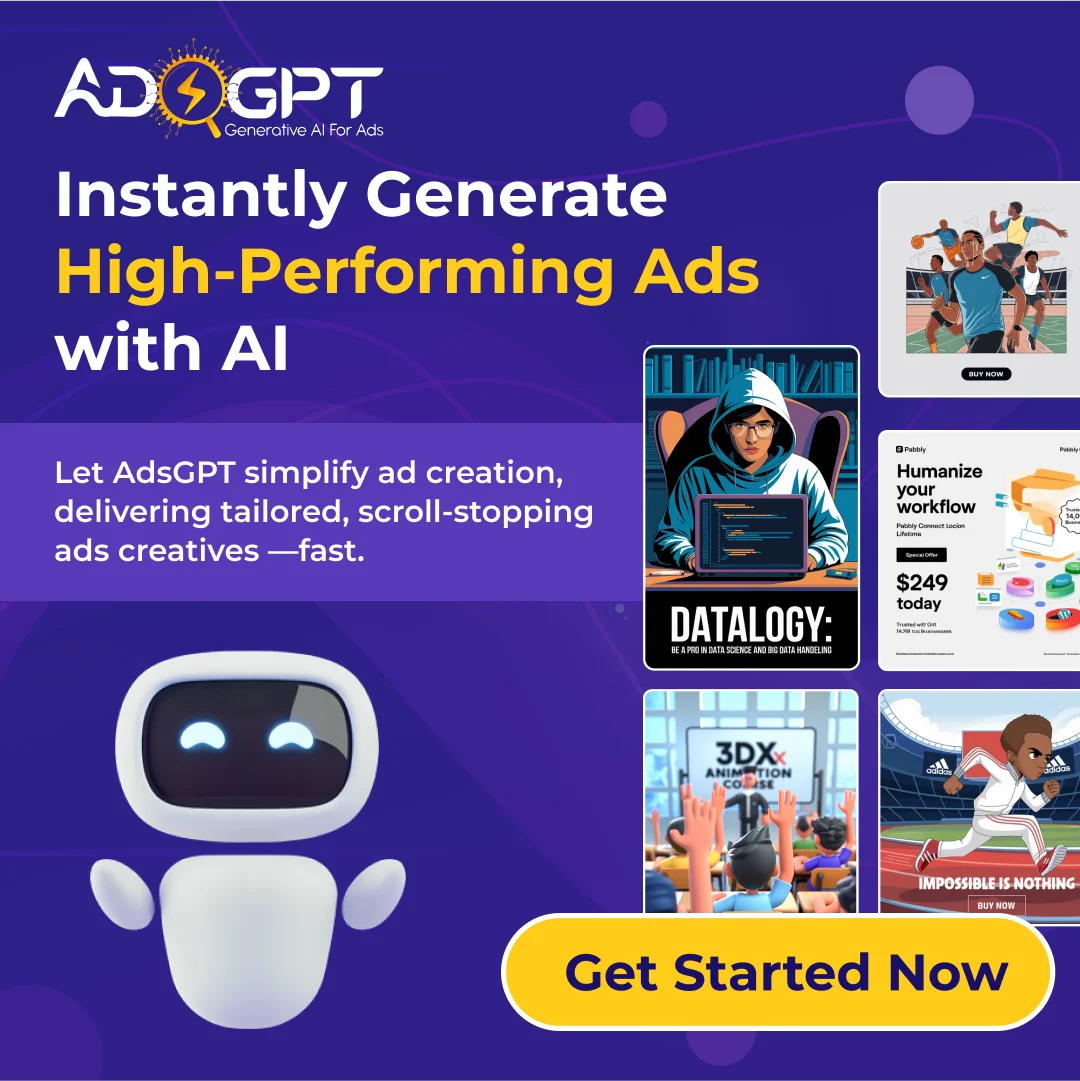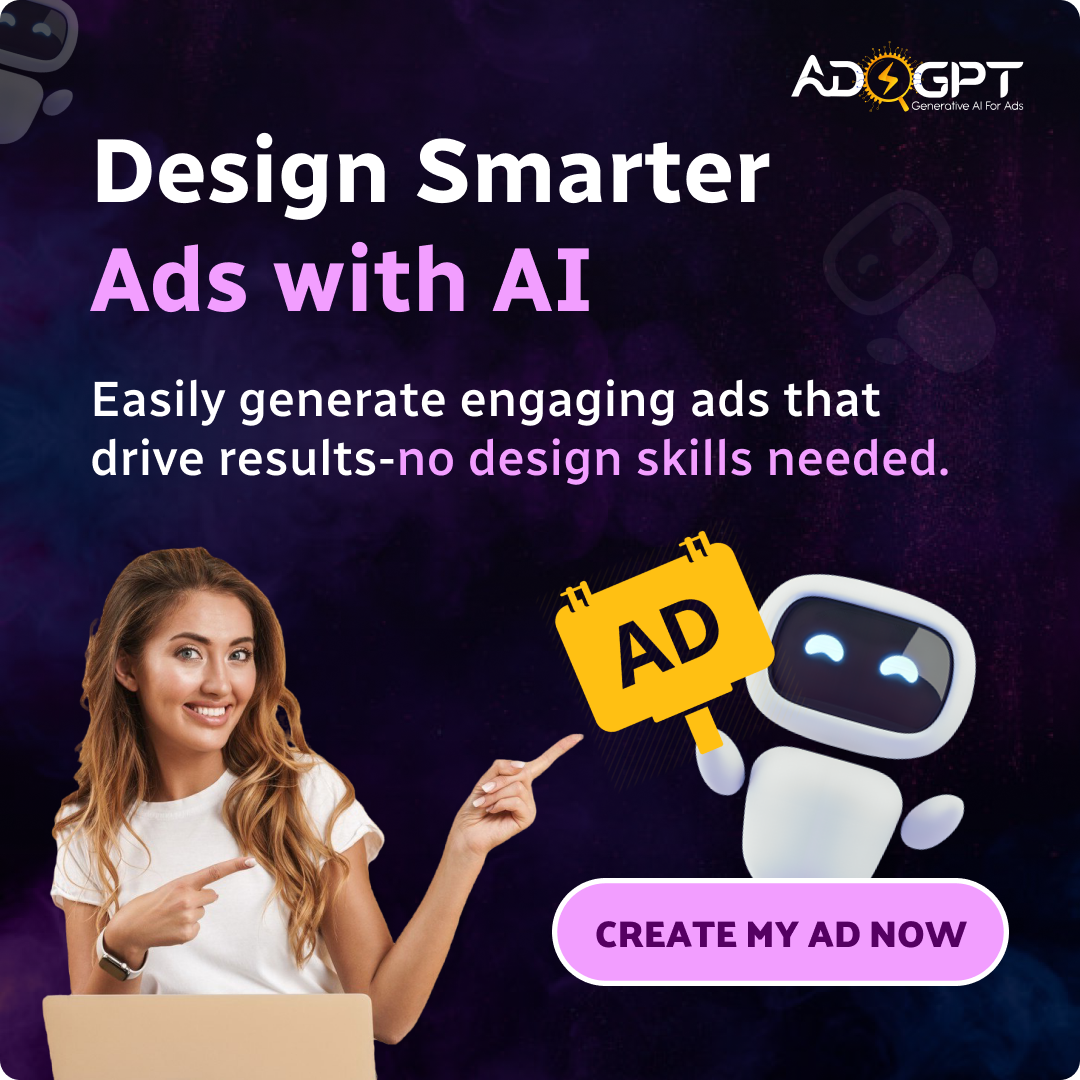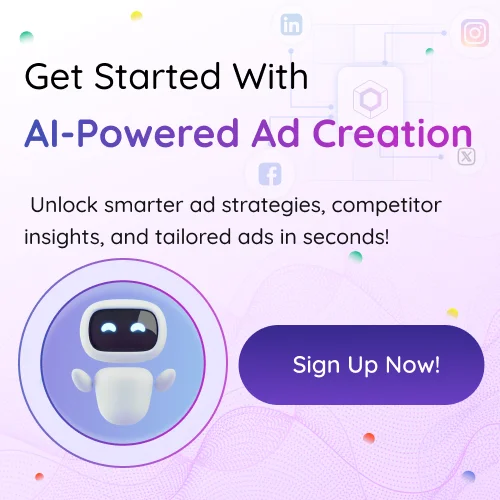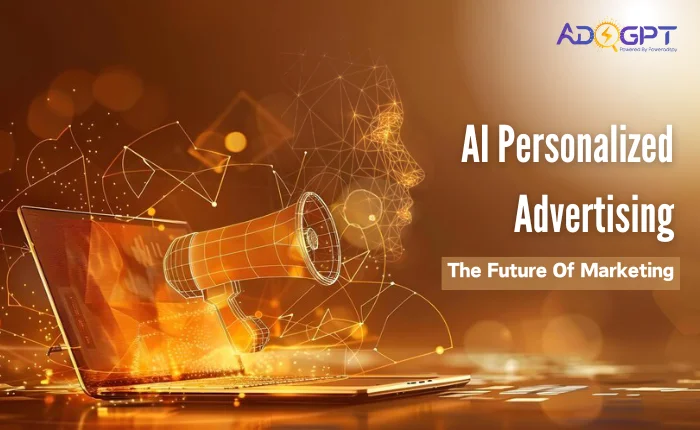
The advertising world is changing faster than ever, and businesses are looking for smarter ways to connect with their audiences. Personalized advertising is leading this shift, using advanced technology to create tailored experiences for every individual. By analyzing customer preferences, behaviors, and needs, AI makes marketing more relevant and impactful than ever before.
Unlike traditional methods, AI-powered personalized ads deliver the right message to the right person at the right time. This blog explores why AI personalization is not just a trend but the future of ai-driven advertising, helping brands stay ahead in a competitive market.
What Is Personalized Advertising?
Interest-based advertising, often referred to as personalized advertising, tailors promotional content to match an individual’s preferences and needs. This approach relies on analyzing user data, such as search queries, browsing patterns, and past purchases. By leveraging this information, advertisers can deliver content that resonates more personally with consumers.
Personalized ad enhances user experiences by presenting them with relevant suggestions while also helping businesses achieve higher returns on investment. This strategy fosters stronger customer engagement, boosts sales, and builds brand loyalty. For instance, after searching for recipes, a user might encounter ads for kitchen tools or meal kits, that align perfectly with their recent interests.
AI-driven tools, such as AI personalized ads, facilitate this customization by analyzing vast amounts of consumer data, uncovering patterns, and delivering relevant content. These advancements make AI an indispensable part of modern personalized advertising strategies.
Let us now learn about the importance of AI in advertising.
The Role of AI in Advertising
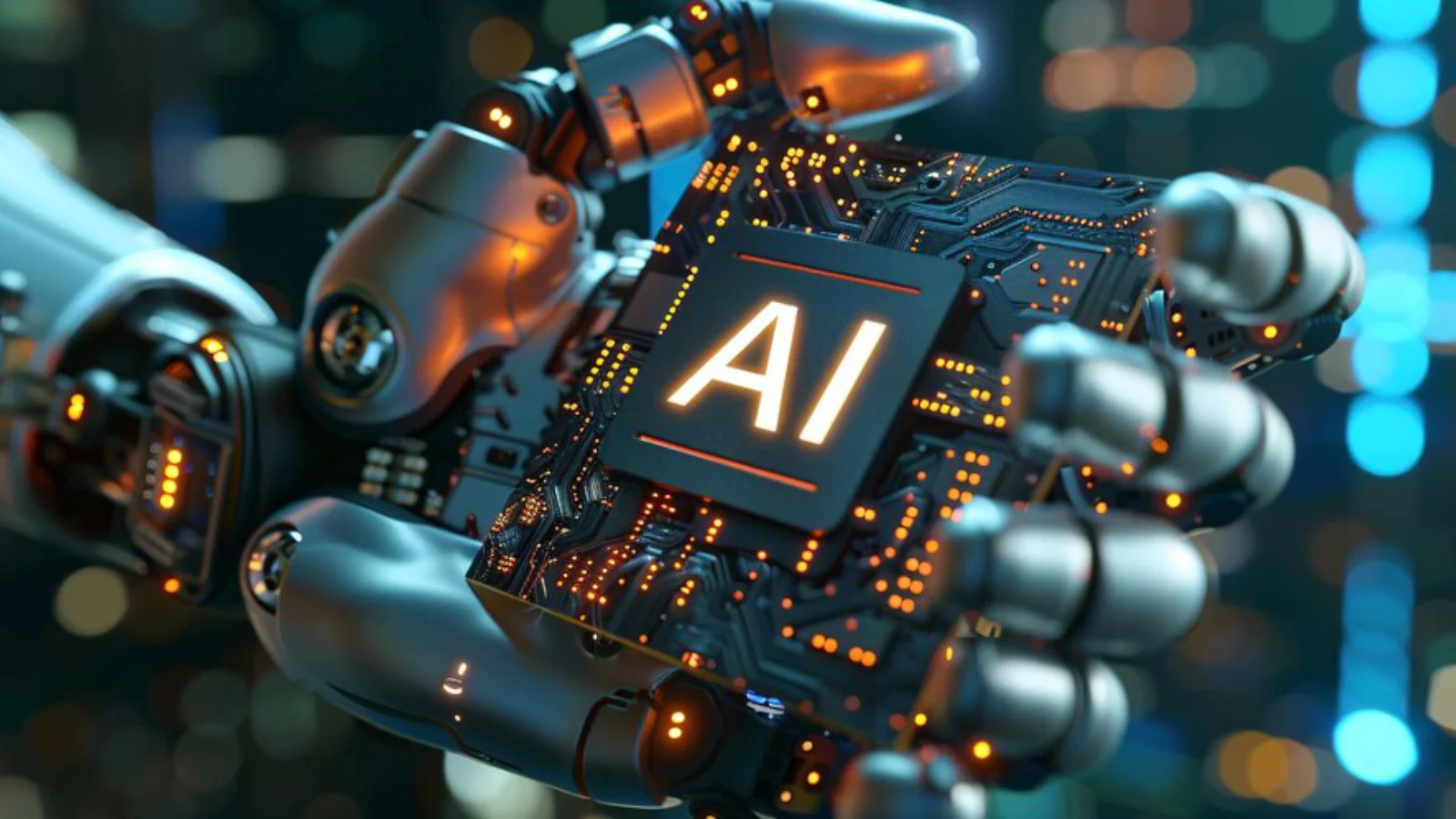
AI Ad Creation:
AI content creation tools simplify the process of designing and deploying ads. By analyzing audience preferences, platforms like AdsGPT can generate creative content that resonates with target demographics. For instance, AI can design compelling visuals, craft attention-grabbing headlines, and even suggest optimal ad placements.
AI Content Creation:
Beyond ads, AI is instrumental in producing personalized blog posts, product descriptions, and social media updates. This ensures that every piece of content aligns with the audience’s interests, increasing engagement and conversion rates.
Advertising Campaigns:
From predictive analytics to real-time adjustments, AI enhances campaign performance by identifying what works and what doesn’t. For instance, dynamic retargeting powered by AI ensures that customers receive ads tailored to their past interactions, improving click-through rates and ROI.
Having explored how AI is transforming personalized product advertising, it’s time to dive into the specific advantages AI brings to personalized marketing.
Advantages Of AI In Personalization Marketing
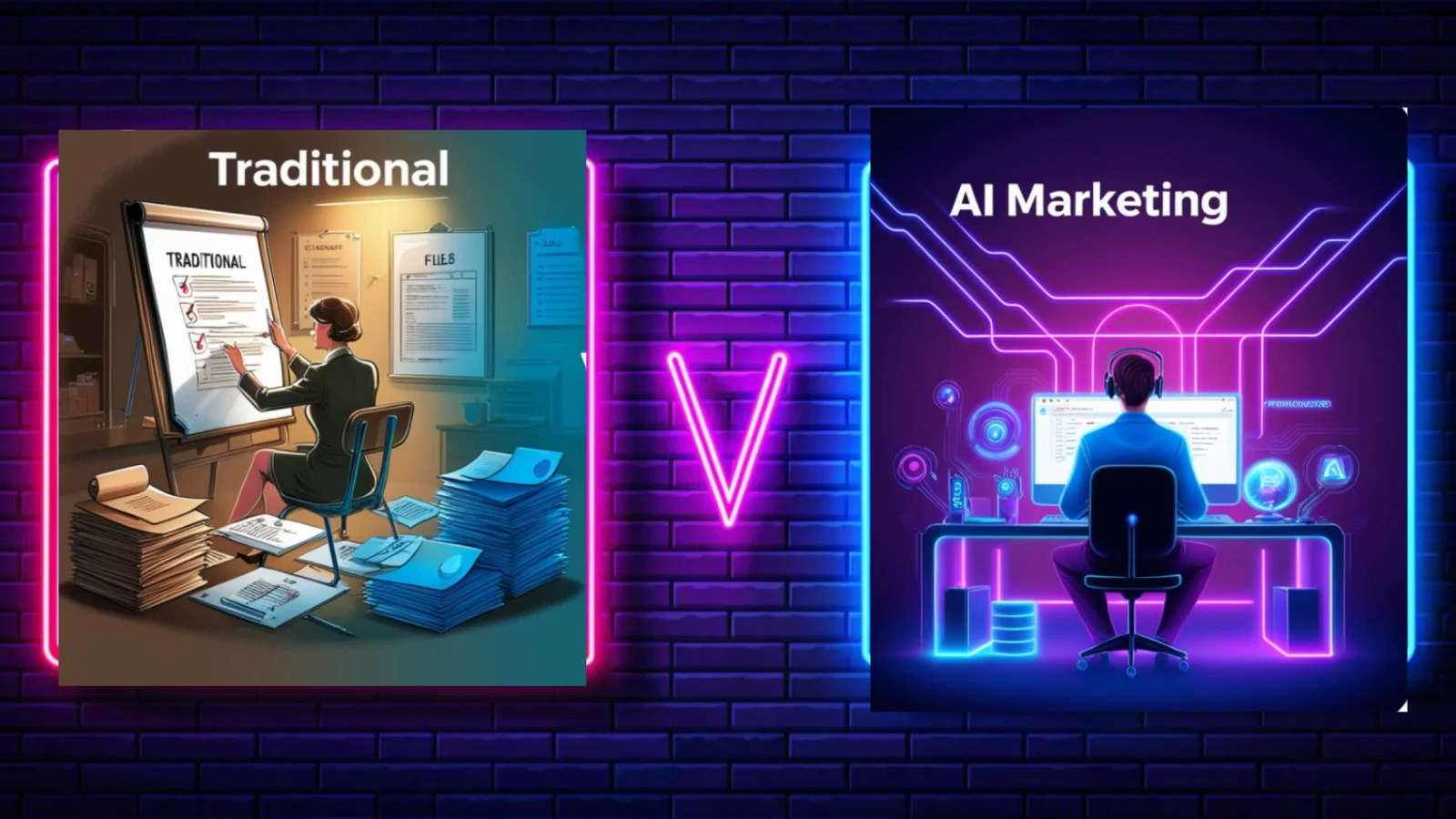
Enhanced Customer Experience
AI-driven personalization fosters a deeper connection with consumers. By understanding preferences, such as browsing history or purchase behavior, businesses can deliver tailored recommendations. Platforms like AdsGPT use such insights to create personalized advertising that feels less intrusive and more relevant.
Improved ROI
AI analytics help optimize ad spend by focusing on high-performing segments. Predictive modeling ensures businesses allocate resources to strategies with the highest potential for success.
Scalability and Efficiency
Automation reduces manual effort, allowing businesses to scale their operations. Whether it’s ad placement, customer segmentation, or performance tracking, AI handles these tasks efficiently, enabling marketers to focus on strategy.
Key Technologies Driving Personalized Advertising

Machine Learning (ML)
Machine learning models enhance their performance by adapting and refining their algorithms based on newly acquired data. They enhance audience segmentation and enable hyper-targeted campaigns.
Natural Language Processing (NLP)
NLP powers chatbots and voice assistants, delivering conversational experiences that feel human. This technology is key in AI-powered platforms like AdsGPT, enabling brands to engage users seamlessly.
Predictive Analytics
By analyzing historical data, predictive models forecast customer behavior. This helps businesses anticipate needs, craft proactive campaigns, and stay ahead of market trends through personalized advertising.
Real-World Examples of AI Personalization

E-commerce: Companies like Zara use AI to personalize shopping experiences, from product recommendations to targeted promotions.
Retail: Sephora employs AI chatbots to suggest products based on user generated content, user preferences, enhancing the buying journey.
Finance: Mastercard leverages AI for social media analytics, identifying trends that inform personalized campaigns.
Such examples highlight the transformative impact of AI across industries.
How AdsGPT Enhances Personalized Advertising?
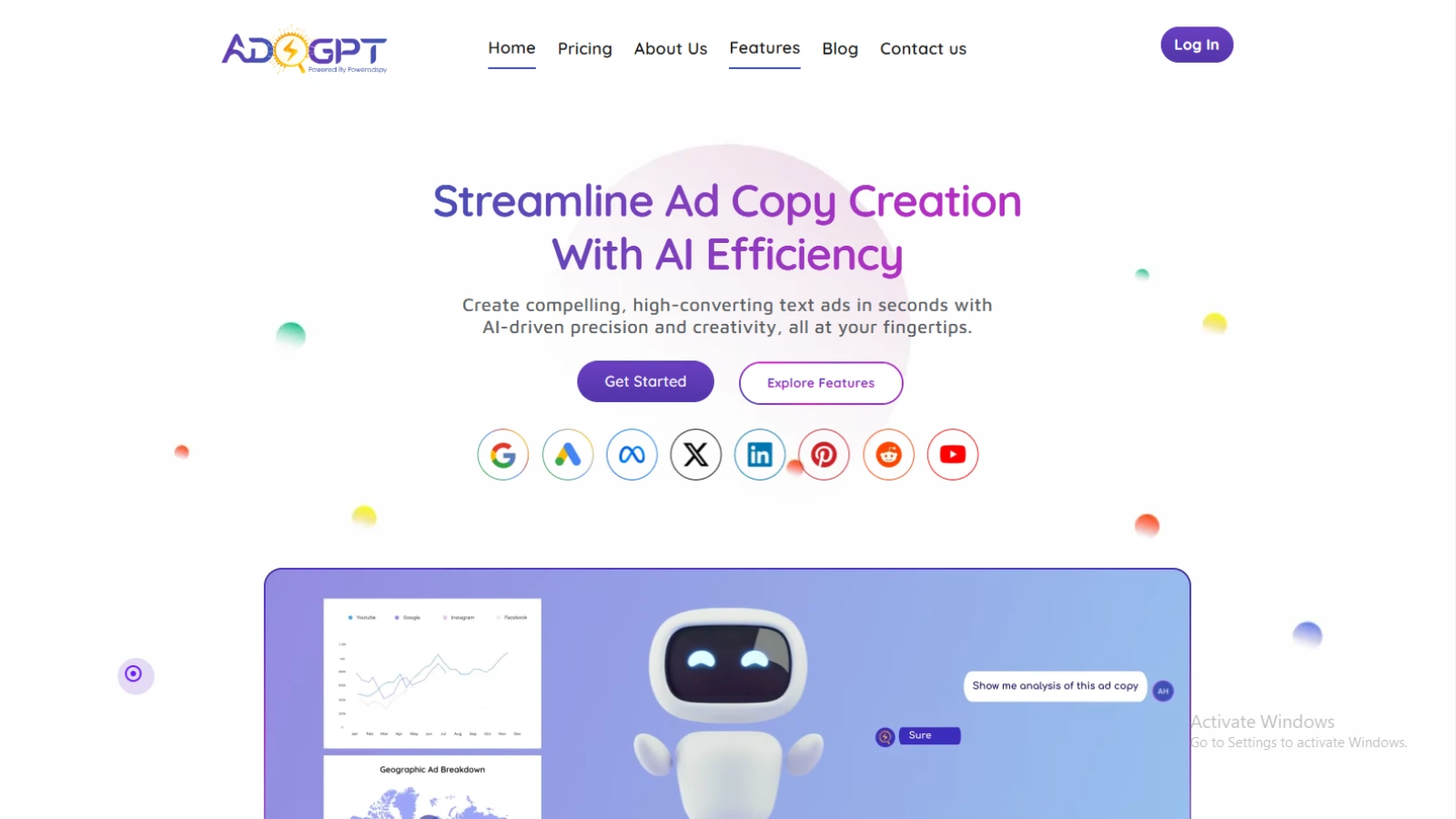
AdsGPT stands out as a trailblazing platform that leverages advanced AI technologies to redefine how businesses execute personalized marketing. By automating complex workflows and enabling highly data-driven approaches, AdsGPT simplifies the marketing process while enhancing precision and delivering superior results.
Its ability to process vast amounts of customer data and extract actionable insights ensures that campaigns are efficient and deeply resonate with target audiences. Marketers can rely on AdsGPT to handle tasks like dynamic content creation, audience segmentation, and real-time campaign optimization. This makes it an indispensable tool for businesses aiming to stay competitive in the rapidly evolving world of personalized advertising.
Here’s how AdsGPT makes a difference:
Advanced Analytics
AdsGPT provides in-depth insights into audience behavior and preferences. Analyzing data from multiple sources—such as browsing habits, purchase history, and engagement patterns—allows businesses to create detailed customer profiles. This helps segment audiences effectively and identify high-value targets, ensuring that every campaign aligns with audience expectations.
Dynamic Content Generation
Personalization goes beyond static messages, and AdsGPT excels in crafting tailored content for every segment. Whether it’s customized emails, social media posts, or personalized advertising, the platform generates messages that resonate with individual user interests. Leveraging machine learning ensures that content adapts dynamically based on user interactions, keeping campaigns relevant and impactful.
Real-Time Optimization
A key feature of AdsGPT is its capability to fine-tune and optimize campaigns instantly, based on real-time performance metrics. Monitoring performance metrics like click-through rates, engagement, and conversions identifies what works and what doesn’t. This instant feedback loop allows marketers to refine strategies on the go, maximizing return on investment and reducing wasted ad spend.
Additional Benefits of AdsGPT
- Predictive Targeting: Using predictive analytics, AdsGPT forecasts customer behaviors and anticipates future trends. This ensures that marketing strategies stay proactive rather than reactive.
- Cost Efficiency: By automating repetitive tasks and focusing on high-performing segments, the platform reduces overall campaign costs.
- Scalability: Whether for small startups or large enterprises, AdsGPT is designed to scale. Its robust infrastructure handles large datasets and complex workflows with ease.
In essence, AdsGPT redefines the possibilities of personalized advertising, enabling businesses to connect with their audiences in meaningful ways. By integrating AI-driven capabilities like advanced analytics, dynamic content, and real-time adjustments, it ensures that every campaign achieves its full potential.
Challenges In AI Personalization Marketing?
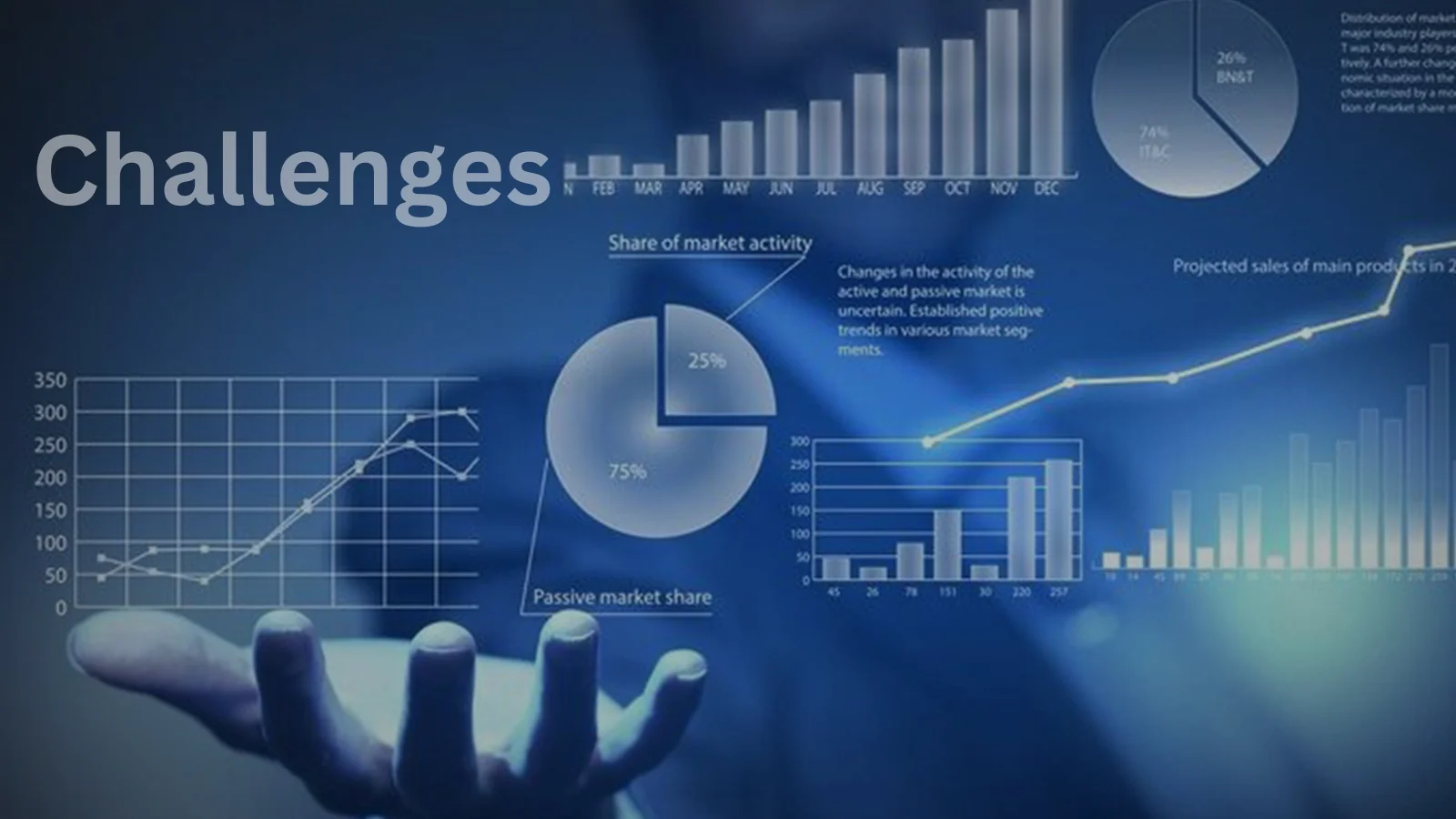
Data Privacy Concerns
With increasing regulations like GDPR, maintaining consumer trust is vital. Platforms must ensure compliance while delivering personalized experiences.
Balancing Automation and Human Touch
While AI excels at data-driven tasks, adding a human element ensures content remains authentic and relatable.
Overcoming Bias
AI systems can inherit biases from training data. Regular audits and diverse datasets help mitigate this issue.
Concluding Words
AI-powered personalization in marketing isn’t just a passing phase—it represents the next evolution in personalized advertising, shaping the way brands connect with their audiences. With its ability to create meaningful connections, enhance customer loyalty, and drive business growth, it offers endless possibilities for innovation. By adopting tools like AdsGPT, businesses can stay ahead of the curve and redefine how they connect with their audiences.
As AI technology advances, we can expect even more sophisticated forms of personalization. Predictive models will become more accurate, virtual assistants will be more intuitive, and content will be more engaging. Businesses leveraging platforms like AdsGPT will be well-positioned to lead in this new era of marketing.
Embrace the future of personalized advertising today. Start your journey with AdsGPT and transform the way you market.

